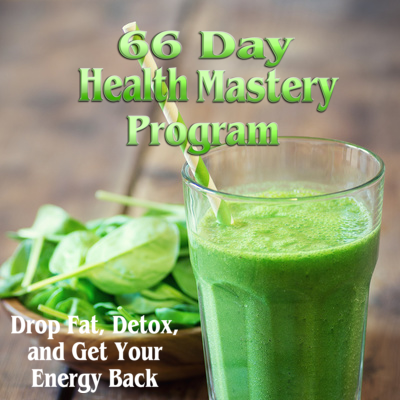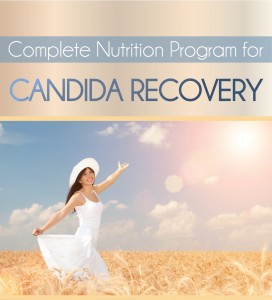Inflammation is often talked about in health circles these days, and with good reason. Inflammation and its contribution to illness should not be overlooked, because it sets the stage for a whole host of common illnesses. In fact, chronic inflammation plays a major role in the development of various neuro-degenerative diseases such as Alzheimer’s and Parkinsons, MS and others. Not to mention diabetes and heart disease.
Eating a diet that is high in fresh fruits and vegetables, and low in processed foods, dairy, refined sugars, and excess fat, is the best overall insurance against inflammation. However, you can be even more proactive than that by adding some help from the world of spices and herbs. Spices as turmeric, red pepper, clove, ginger, garlic, coriander, and cinnamon target inflammatory pathways, and help fight against inflammation.
Here I highlight 5 of my favorite anti-inflammatory spices and herbs that I always keep stocked in my Rawganic Kitchen!
** Plant experts consider roots as spices, along with flowers, fruits, seeds or bark. Technically, herbs come from the leaves of non-woody, or herbaceous, plants.
1. TURMERIC
Turmeric has a long history as a medicinal spice and is used by many holistic practitioners for inflammatory conditions such as arthritis, auto-immune conditions, and more. Turmeric contains a volatile oil called curcumin, which is the primary agent for anti-inflammation. It is also a great herb for acne and for liver detoxification.
Turmeric affects over 100 different pathways once it gets into a cell, including one key biological pathway that is required for the creation of certain forms of cancer. In tests, turmeric has been shown to shut down nuclear factor-kappa B (NF-kB), a protein known to induce abnormal inflammatory response.
I use turmeric as a tea for drinking, in many raw food recipes, and as a toothpaste. It may sound odd, and yes — your teeth will be orange for about an hour! However, turmeric acts as an incredible gum healer and tooth whitener. I take a small amount of organic turmeric powder, mix it with a little water, and create a paste to brush with. It works better than anything I have ever tried, and hundreds of my clients swear by it.
2. TULSI
Tulsi, also known as Holy basil, is an herb that also has an extensive history in the Ayurvedic tradition as a treatment for inflammation. Studies have shown that Tulsi can prevent inflammation and for some people can be a natural alternative to over-the-counter painkillers.
Researchers recently found that Tulsi acts as a lipoxygenase inhibitor, which means that its high antioxidant activity has a definitive anti-inflammatory effect.
3. ROSEMARY
Rosemary has been used for centuries to treat many ailments including headaches and poor circulation. It contains Carnosol and carnosic acid which are known anti-inflammatory agents.
An added bonus of rosemary is that it can lower cortisol levels and help reduce stress levels naturally, according to the University of Maryland Medical Center. It’s also a powerful antioxidant and contains high levels of calcium, iron, and vitamin B6.
The best way to take rosemary is in tea. You can find already prepared rosemary teas in your local health food stores, or you can grow and dry your own! Rosemary is an evergreen and grows all year long.
4. CINNAMON
A recent study (HTTP://WWW.NCBI.NLM.NIH.GOV/PUBMED/21451725) found that cinnamon helps suppress inflammation of the colon. Cinnamon is easy to add to your daily teas, nut milks or smoothies, or used in recipes.
There are some precautionary measures to take with cinnamon. You don’t want to go overboard which means to keep daily consumption under 6 grams daily, and for only 6 weeks at a time before taking a break. Cassia (Chinese) cinnamon needs to be used in moderation by many people, as it contains compounds found in blood thinners.
5. GINGER
Ginger has many therapeutic applications, not the least of which is its powerful anti-inflammatory effects. Ginger contains anti-inflammatory compounds called gingerols which can lower inflammation and also reduce pain in people who suffer from arthritis. Ginger has been shown in clinical studies to relieve pain and swelling in 75% of arthritis patients and 100% of patients with muscular pain.
One of the best ways to use ginger is to juice it fresh. It adds a kick to your juices and can be quite spicy. But consuming it freshly juiced has the most potent and immediate effect. It is also wonderful when added to foods, and when steeped in hot water to make a freshly brewed ginger tea.
As always, with all therapeutic spices and herbs, be sure to consult with your personal healthcare practitioner to determine if the use of these items is appropriate for you. Pregnant and nursing women and those on medications should always exercise extreme caution when adding medicinal foods to their diet.










